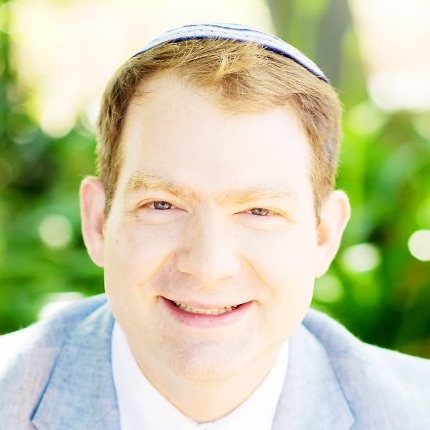
Religion

Don’t let sorrow derail your spiritual connection to Hashem
Rabbi Sam Thurgood, Beit Midrash Morasha @ Arthurs Road
Thus, when we perform a mitzvah, we begin with a bracha, a contemplative meditation on the nature of the act that we are about to perform. “Baruch Atta Hashem… Blessed are You, Hashem… who has made us holy through His commandments…”
When a Kohein is preparing to fulfil one of his unique mitzvot, however, such as Birkat Kohanim (“duchaning”, in which the Kohein blesses the Jewish people), he acknowledges the greater level of holiness in his blessing: “who had made us holy with the holiness of Aharon…” – referring to a saturation of holiness even more than that with which the rest of the nation was blessed.
When our Parsha opens the discussion with the Kohanim regarding the stricter observance that they will be expected to follow, it takes off from an unexpected place. Vayikra/Leviticus 21:1 states: “G-d told Moshe to gently say the following to Aharon’s descendants, the priests: Let none make himself impure with the dead among his people…”
I would have expected that the Kohanim first be “romanced” into the role, similar to what we find in Hashem’s proposal to the Jewish people to receive the Torah in Shemot/Exodus 19:6-7: “Now if you obey Me and keep My covenant, you shall be My special treasure among all nations, even though all the world is Mine. You will be a kingdom of priests and a holy nation to Me.”
For the Kohanim, in contrast, they are simply instructed not to become impure through contact with the deceased.
The Ishbitzer Rebbe, Rabbi Mordechai Yosef Leiner, offers a deeper level of insight into the communication that takes place. Greater holiness, he says, greater devotion to G-d and a closer relationship with the Almighty presents us not only with spiritual enrichment and integrity, but also with a profound vulnerability.
If a person would have no relationship with G-d, and would see all of life as coincidence, then he may not be so personally affected by tragedy. After all, he says to himself, life is random and sometimes bad things happen. But the profoundly religious person, whose consciousness is focused around his or her relationship with Hashem, may well ask: “Why me? How, Hashem, after all that I have done, all the prayers that I have uttered, can You do this to me?” Life, and all that is within it, becomes more personal, and thus sadness and difficulty can injure our spiritual relationship.
It is to that danger that the Parsha speaks. Gently approach the holy ones of the nation with the following message: When you encounter death and its concomitant tragedy and sorrow, do not let it make you impure. Do not allow yourself to feel betrayed by G-d and derailed from your spiritual path. To those who have made great achievements in faith: Keep the faith.




